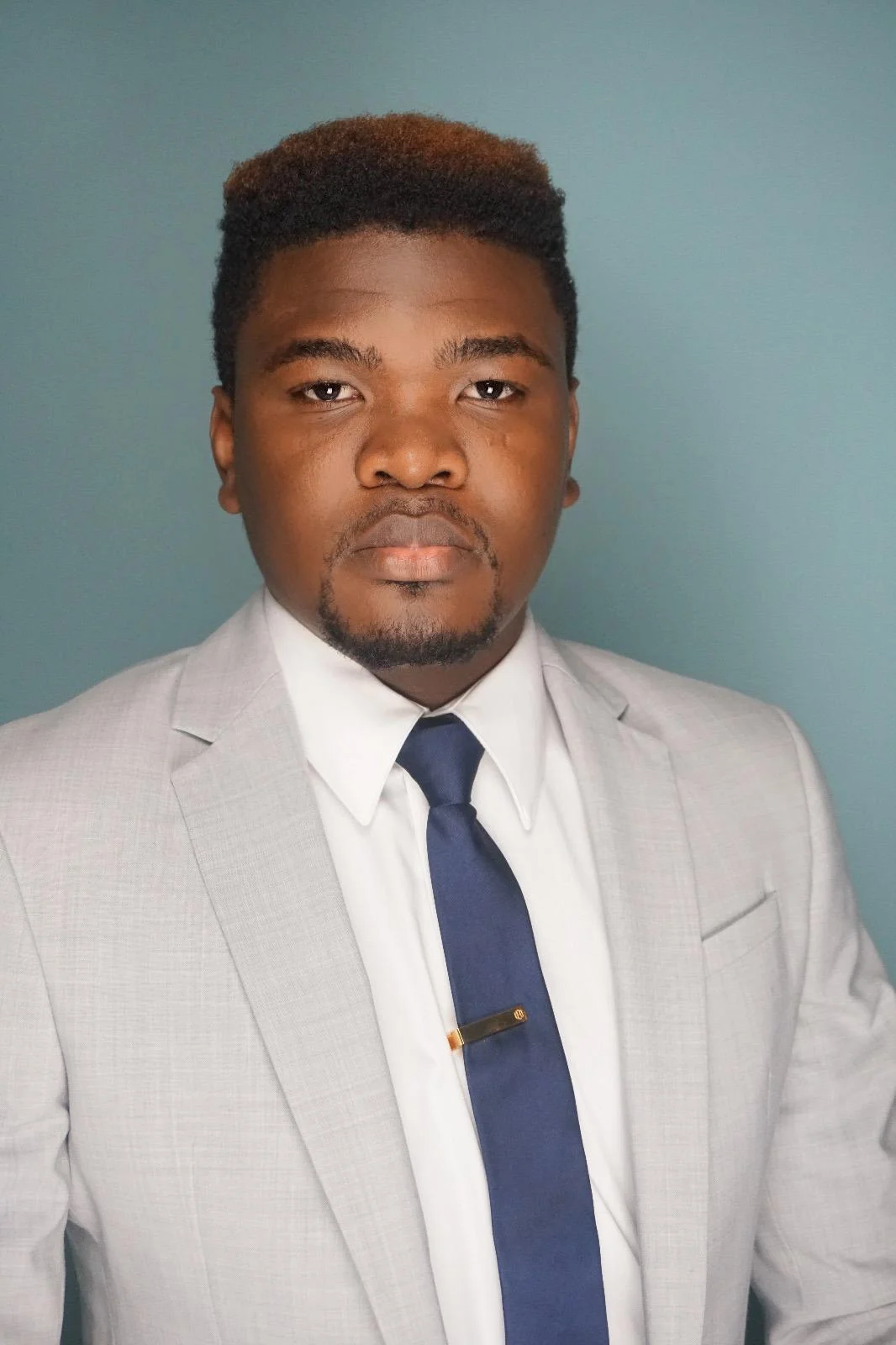"Being successful is also about meeting the right people at the right time and having the right attitude. Until then, I'm going to keep grinding and rising and I hope to get lucky someday."
Salim Gnabode
About
Find out more about me!
The immigrant experience is oft-documented by cultural historians, sociologists, and economists. They delve into the distinct joys and difficulties faced by non-American individuals, journeying to “make it big” in the “land of opportunity.” In today’s rapidly globalizing community, there is another generation of American individuals that requires recognition.
I wrote this a couple of months ago and I decided to share it now with my readers.
Thank you, Rimel Mwamba for proofreading this.
Have you ever felt like you don’t belong? Like your friends or colleagues are going to discover you’re a fraud, and you don’t actually deserve a job you have earned or merit respect for your accomplishments?
If so, you’re in good company. These feelings are known as impostor syndrome, or what psychologists often call “impostor phenomenon.” An estimated 70% of people experience symptoms associated with impostor syndrome at some point in their lives. I have been asked by one of my followers on Instagram to share my experience regarding how I dealt with imposter syndrome, which has precipitated the following.
I, like many others, am an intersectional being. I am an African man. I eat Yoruba and Egun food and speak with a French/African accent. I have known extreme poverty and extreme wealth. I have experienced racism, anti-muslim rhetoric, and xenophobia across the world-- France, Hong Kong, Benin, and the US.
Around this time last year, I was celebrating the holidays by myself in my apartment in Durham, NC (my roommate and most of my friends went home for the holidays). It is not as bad as it might sound to some people because I appreciate the tranquility and my time alone. Spending the holidays by myself helped me reflect on my journey and the next step I need to take.

This is an article I wrote for Irawo, a Benin based digital media that strives to find and promotes young and gifted people from the continent, wherever they might me. They showcase talents to inspire, create references, role models that resemble the African youth who need it the most.



















I stumbled a lot to find the correct title for this blog post, then I remembered the New York Times’ bestseller Difficult Conversations about human interaction negotiating difficult discourse. Dr. Chilligerian recommended us to read it in our leadership class this fall at Heller School (Brandeis University).